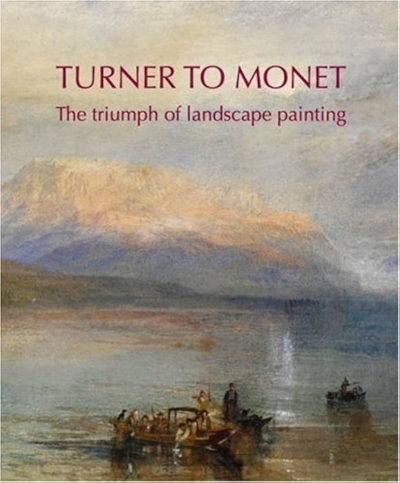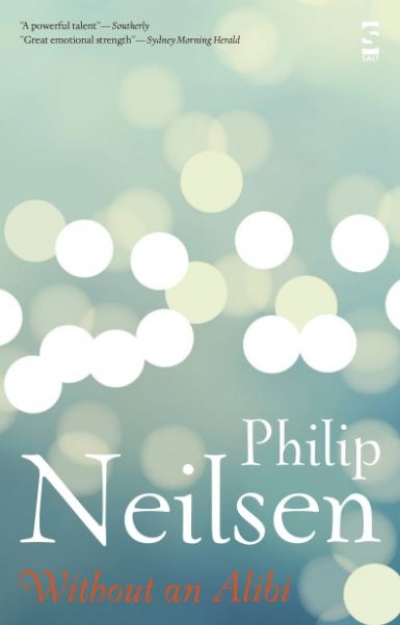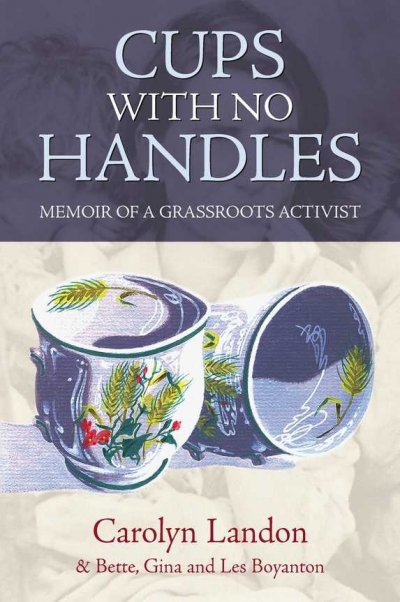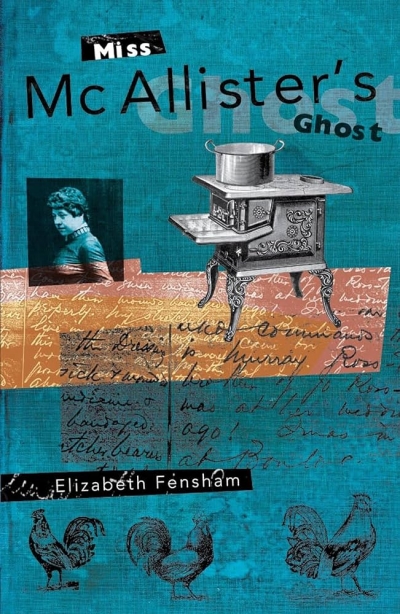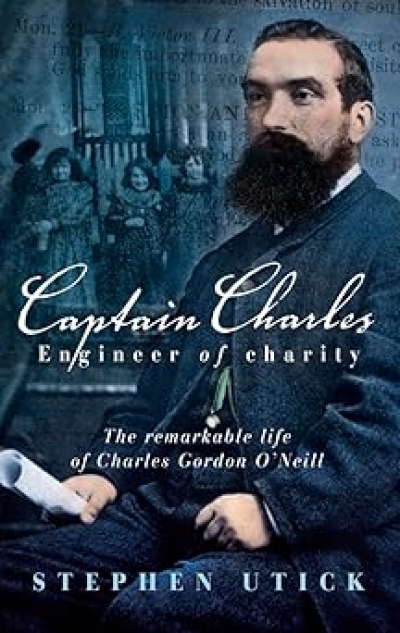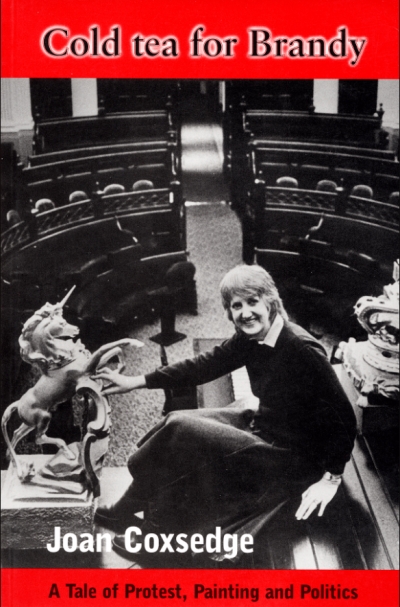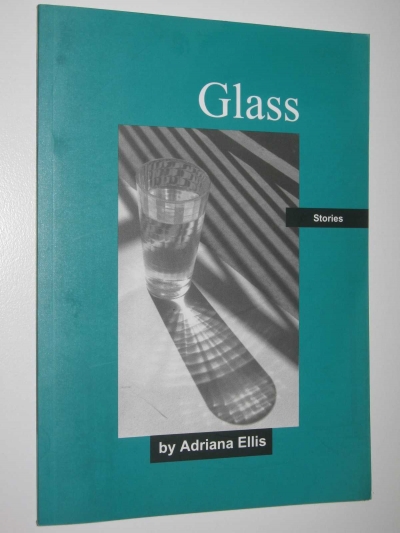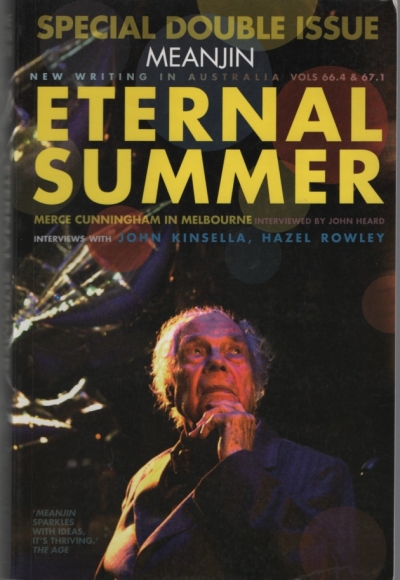Archive
Turner to Monet: The triumph of landscape painting edited by Christine Dixon
Cups With No Handles: Memoir of a Grassroots Activist by Carolyn Landon et al.
Miss McAllister’s Ghost by Elizabeth Fensham & Take it Easy, Danny Allen by Phil Cummings
When did you start reading ABR?
That must have been in the mid-1980s (so long ago!). I was running the marketing department at Oxford University Press in Melbourne. A certain future ABR Editor was right next door, marketing the science and medical books. During my years at OUP, the Editor at ABR I had most to do with was Rosemary Sorensen.
... (read more)Captain Charles, Engineer of Charity: The remarkable life of Charles Gordon O’Neill by Stephen Utick
One of the National Library’s newest treasures, and probably its most significant acquisition in the past twelve months, is a small theatre playbill printed in Sydney and dated 30 July 1796. At 211 years old, it is the earliest surviving document printed in Australia. The playbill was presented by the prime minister of Canada, Stephen Harper, to the then prime minister of Australia, John Howard, at a ceremony held at Parliament House on 12 September 2007. It advertises performances of three plays at the ‘Theatre, Sydney’: Jane Shore; The Wapping Landlady; and The Miraculous Cure.
... (read more)
